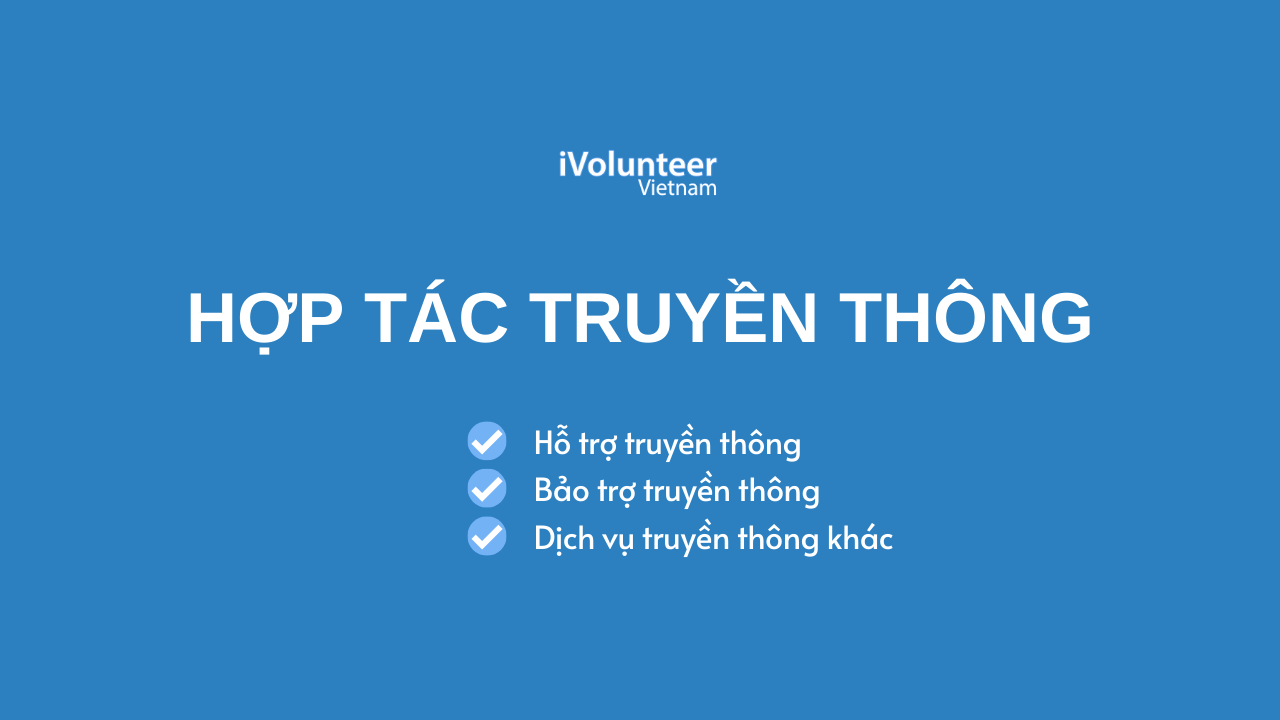Khóa Học Miễn Phí Ứng Dụng Của Giải Tích Từ Đại Học Harvard
 [English Caption Bellow]
Trong khóa học này, mở rộng hơn ngoài sách giáo khoa về giải tích, làm việc với các nhà thực hành về khoa học xã hội, đời sống và vật lý để hiểu được vai trò của phép tính và mô hình toán học trong công việc của họ.
Thông qua một loạt các nghiên cứu điển hình, bạn sẽ học được:
[English Caption Bellow]
Trong khóa học này, mở rộng hơn ngoài sách giáo khoa về giải tích, làm việc với các nhà thực hành về khoa học xã hội, đời sống và vật lý để hiểu được vai trò của phép tính và mô hình toán học trong công việc của họ.
Thông qua một loạt các nghiên cứu điển hình, bạn sẽ học được:
- Các nhà sản xuất thử nghiệm tiêu chuẩn hóa sử dụng các chức năng như thế nào để phân tích độ khó của câu hỏi kiểm tra;
- Cách các nhà kinh tế mô hình hóa sự tương tác của giá cả và nhu cầu bằng cách sử dụng tỷ lệ thay đổi, trong một trường hợp lịch sử về số người đi tàu điện ngầm;
- Chụp X-quang khác với chụp CT như thế nào, và điều này có liên quan gì đến tích phân;
- Cách các nhà sinh học sử dụng các mô hình phương trình vi phân để dự đoán khi nào các quần thể sẽ trải qua những thay đổi mạnh mẽ, chẳng hạn như tuyệt chủng hoặc bùng phát;
- Làm thế nào mô hình săn mồi-con mồi Lotka-Volterra được tạo ra để trả lời một câu đố sinh học;
- Cách các nhà thống kê sử dụng các hàm để lập mô hình dữ liệu, như phân phối thu nhập và cách tích phân đo lường cơ hội;
- Phương trình năng lượng của Einstein, E = mc2 là một phương trình gần đúng với một phương trình phức tạp hơn.
- Các ví dụ xác thực và các nghiên cứu điển hình về cách áp dụng phép tính toán vào các bài toán trong các lĩnh vực khác nhau
- Cách phân tích các mô hình toán học, bao gồm các biến, hằng số và tham số
- Đánh giá cao những giả định và biến số và đi vào thực tế hóa các tình huống bằng toán học
- John Wesley Cain Senior Lecturer, Mathematics of Harvard University
- Juliana Belding Professor of the Practice in Mathematics of Boston College
- Peter M. Garfield Teaching Faculty of University of California Santa Barbara
- Ngôn ngữ: Tiếng Anh
- Học phí: Miễn phí
- Từ: Harvard University
- Trình độ: Trung cấp
- Có chứng chỉ sau khi hoàn thành khóa học (139$)
? Link khóa học: https://www.edx.org/course/calculus-applied
——————————————
In this course, we go beyond the calculus textbook, working with practitioners in social, life and physical sciences to understand how calculus and mathematical models play a role in their work.
Through a series of case studies, you’ll learn:
- How standardized test makers use functions to analyze the difficulty of test questions;
- How economists model interaction of price and demand using rates of change, in a historical case of subway ridership;
- How an x-ray is different from a CT-scan, and what this has to do with integrals;
- How biologists use differential equation models to predict when populations will experience dramatic changes, such as extinction or outbreaks;
- How the Lotka-Volterra predator-prey model was created to answer a biological puzzle;
- How statisticians use functions to model data, like income distributions, and how integrals measure chance;
- How Einstein’s Energy Equation, E=mc2 is an approximation to a more complicated equation.
With real practitioners as your guide, you’ll explore these situations in a hands-on way: looking at data and graphs, writing equations, doing calculus computations, and making educated guesses and predictions.
This course provides a unique supplement to a course in single-variable calculus. Key topics include application of derivatives, integrals and differential equations, mathematical models and parameters.
This course is for anyone who has completed or is currently taking a single-variable calculus course (differential and integral), at the high school (AP or IB) or college/university level. You will need to be familiar with the basics of derivatives, integrals, and differential equations, as well as functions involving polynomials, exponentials, and logarithms.
This is a course to learn applications of calculus to other fields, and NOT a course to learn the basics of calculus. Whether you’re a student who has just finished an introductory Calculus course or a teacher looking for more authentic examples for your classroom
? What you’ll learn
- Authentic examples and case studies of how calculus is applied to problems in other fields
- How to analyze mathematical models, including variables, constants, and parameters
- Appreciation for the assumptions and complications that go into modeling real world situations with mathematics
? Your teacher:
- John Wesley Cain Senior Lecturer, Mathematics of Harvard University
- Juliana Belding Professor of the Practice in Mathematics of Boston College
- Peter M. Garfield Teaching Faculty of University of California Santa Barbara
? Course information:
- Language: English
- Price: Free
- Institution: Harvard University
- Level: Intermediate
- Add a Verified Certificate for $139 USD
? Link course: https://www.edx.org/course/calculus-applied
Các khóa học iVolunteer chia sẻ bao gồm 2 hình thức: miễn phí và trả phí. Các nền tảng cung cấp khóa học có thể thay đổi thành miễn phí - trả phí bất cứ lúc nào mà không cần báo trước. Để biết thêm chi tiết, bạn vui lòng truy cập tại link đính kèm trong bài đăng. Cảm ơn các bạn đã quan tâm!Shortlink: https://ivolunteervietnam.com?p=13989
Trong quá trình tổng hợp và chia sẻ thông tin, các tình nguyện viên/ cộng tác viên/ thành viên rất khó tránh khỏi thiếu sót. Rất mong được độc giả cảm thông và góp ý tích cực để giúp iVolunteer Vietnam ngày một hoàn thiện & phát triển.
-
iVolunteer - Cơ hội tình nguyện cho sinh viên và giới trẻ Việt Nam
- Website: https://ivolunteervietnam.com/
- Email: connect@ivolunteer.vn
- Facebook: https://www.facebook.com/pg/iVolunteerVietnam
- Instagram: https://www.instagram.com/ivolunteervietnam
- Group: https://www.facebook.com/groups/thongtintinhnguyen
- Youtube: https://www.youtube.com/c/iVolunteerVietnam
- TikTok: https://www.tiktok.com/@ivolunteervietnam.com










